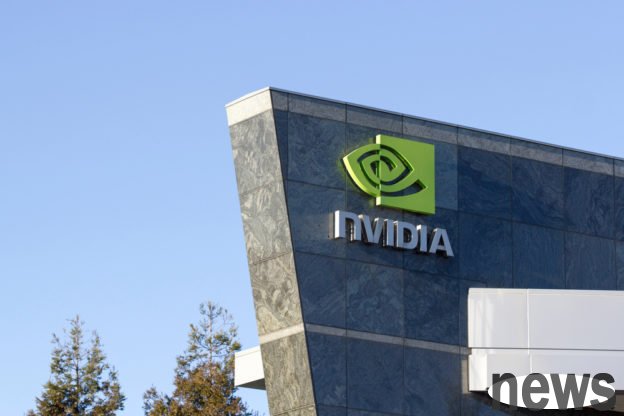
US President Trump reached an agreement with chip industry giant NVIDIA, which will hand over some of the operations to the US government to reschedule the export of previously regulated chips to China. This overturns the U.S. national security policy for decades and creates a brand new corporate risk.
Reuters analyzed that when the US government decided to control the export of sensitive technologies based on national security reasons, it generally believed that these decisions were not negotiated. Once a technology is regulated, enterprises cannot spend money to avoid control regardless of how high the overseas sales profit is expected.
However, Trump said today that he would allow NVIDIA to sell artificial intelligence (AI) H20 chips to China, on the condition that NVIDIA sells chips to China will receive a 15% commission from the US government. Trump and semiconductor company Ultramicro (AMD) have also reached a similar agreement.
Trump also told reporters that he was willing to let NVIDIA sell a reduced version of its flagship chip Blackwell to China. The Trump administration banned NVIDIA from selling H20 chips to China several months ago, but changed its mind last month, saying it was part of the debate on rare earths.
Both parties have doubtsTrump's request for commission has led to the responsibility of the Democratic and Republican National Assembly members, who warned that this could create a "pay for free" structure in the issue of selling sensitive technology to American rivals. Analysts and legal experts also have similar traits.
John Moolenaar, chairman of the "Special Committee on Strategic Competition between the United States and the Chinese Communist Party", the U.S. Republican Party, said: "In terms of protecting our national security, export control is a front-line defense measure. We should not set precedents to encourage the government to nullify sales technology and strengthen China's AI capabilities."
Raja Krishnamoorthi, chief member of the Democratic Party of the same committee, also said: "By placing our security concerns on our behalf, we send a message to China and our allies: As long as the price is good, the principles of US national security can be negotiated."
The Trump administration has said that the national security risk for resuming the sale of H20 chips is very small because the chip has been widely sold in China.
When U.S. Secretary of Commerce Howard Lutnick was interviewed by financial media CNBC last month, he described the H20 as NVIDIA's "fourth best" chip. He said that it is in the interests of the United States for Chinese companies to continue to use American technology.
Is it legally feasible?For the United States, Trump's agreement with NVIDIA is extremely rare and also represents another prediction of Trump's decision on corporate decisions. Trump once pressured senior executives to invest in American manufacturing, and had doubts about the relationship between Chen Liwu, executive director of semiconductor company Intel, and asked him to resign.
It is not clear whether Trump's actions are legal.
The Washington Street Journal analyzed that the Trump administration must develop a new framework for the export permit approved by the U.S. Department of Commerce Bureau of Industry Security (BIS), which is one of the government's actions to reshape AI chip exports.
Since the Export Control Reform Act stipulates that relevant businesses are not subject to charges for application permits, the government must take other measures. In addition, the US law prohibits the federal government from levying general tax or tax on exported goods.
However, industry experts believe that many chips are manufactured overseas, so one of the options of the Industrial Safety Bureau is to formulate new regulations on foreign-made goods that require export permissions. Or American officials can also think of a general term for this fee, such as helping the United States stay ahead of its technology.
How much can the US government earn?Analysts of Bernstein Research estimate that before the U.S. implements export controls in April, China's demand for NVIDIAH20 chips this year was about 1.5 million, equivalent to over US$20 billion in revenue. This means that the Trump administration can earn $1 billion through the new agreement, depending on the export volume of NVIDIA.
The Huaer Street Journal pointed out that these agreements show that AI chips are already strategic commodities and have become one of the core issues of the US-China trade debate.
Extended reading: Trump asked chips to be collected and "suspected violation"! Expert: Entering the world of new danger Trump calls NVIDIA H20 an old chip that allows 15% of the production and export to China Trump considers opening the cut version Blackwell chip exports to China NVIDIA and Ultramicro will export China's 15% export certificate. Will Lockheed export F-35 be compared next time?